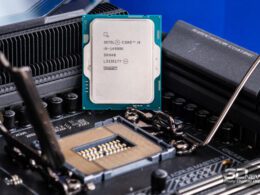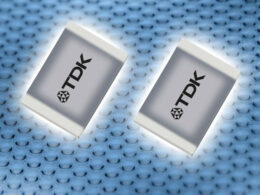In an aggressive drive last year, China’s contract semiconductor manufacturers began slashing service prices to lure Taiwanese chip developers to their ranks, reports TrendForce, referencing IJIWEI. If mature lithography is taken into account, this strategy seems to have worked, posing a new challenge for Taiwanese, American, and Korean firms, which now compete head-to-head with their Chinese counterparts.
The report highlights that last year, Chinese firms, SMIC, Huahong Group, and Nexchip, reduced their chip manufacturing service prices, specifically targeting Taiwan-based chip developers. This led to companies like Samsung, GlobalFoundries, UMC, and PSMC losing their Taiwan-based clients, who shifted alliances towards their Chinese competitors.
In response, Taiwanese contract manufacturers, UMC and PSMC, reduced their service prices to compete better against their Chinese rivals. UMC cut processing prices for 300mm silicon wafers by 10-15%, while for 200mm wafers the decrease reached 20%, effective from the fourth quarter of last year. Interestingly, Chinese manufacturers took more drastic measures, chopping prices by 20-30% contingent on the wafer size and offered technologies.
Samsung, too, adhered to this trend and presented a 5-15% reduction in prices to its clients in the first quarter of this year, also extending the possibility of negotiating further discounts. Data from TrendForce shows that in the last year, Taiwan accounted for 46% of chip manufacturing capabilities, followed by China at 26%, South Korea at 12%, while the US had 6%, and Japan, only 2%. All these nations remain intent on expanding semiconductor production within their territories. Experts project that by 2027, Taiwan will retain no more than 41% of capacities, with South Korea holding only 10%.





